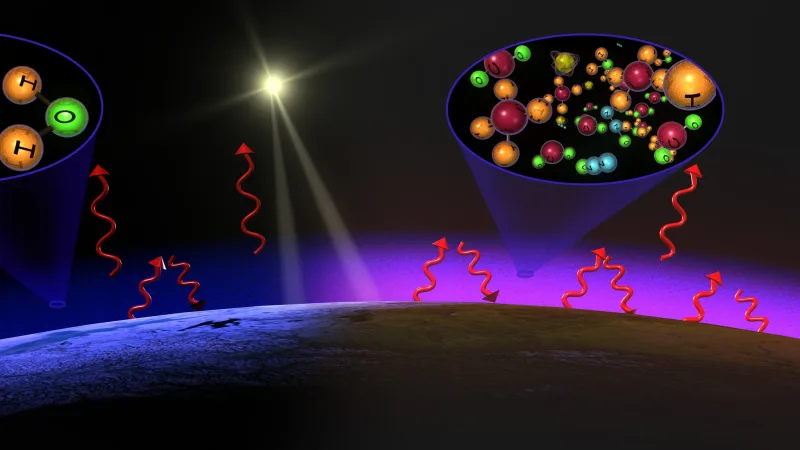Bears and Brainpower: A Closer Look at Their Cognitive Skills
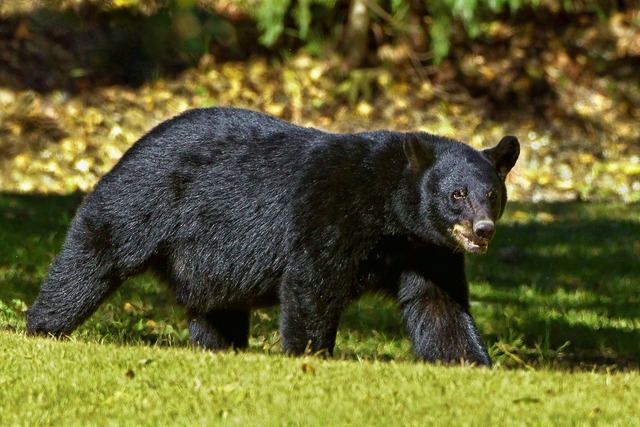
Bears, known for their impressive abilities, possess intelligence that is now being recognized. A black bear’s encounter with a wildlife camera in Boulder, Colorado resulted in over 400 viral selfies. This incident raises the question of why this particular bear was intrigued by the camera when most animals ignore them.
Research suggests that bears, like elephants and great apes, are more intelligent than previously believed. They exhibit curiosity and a natural inclination to understand how things work. Bears have remarkable qualities such as a strong sense of smell, impressive speed, and remarkable dexterity. They can even operate touchscreen computers better than animals closer to humans.
Image: A selfie bear’s infamous wildlife camera shot. City of Boulder
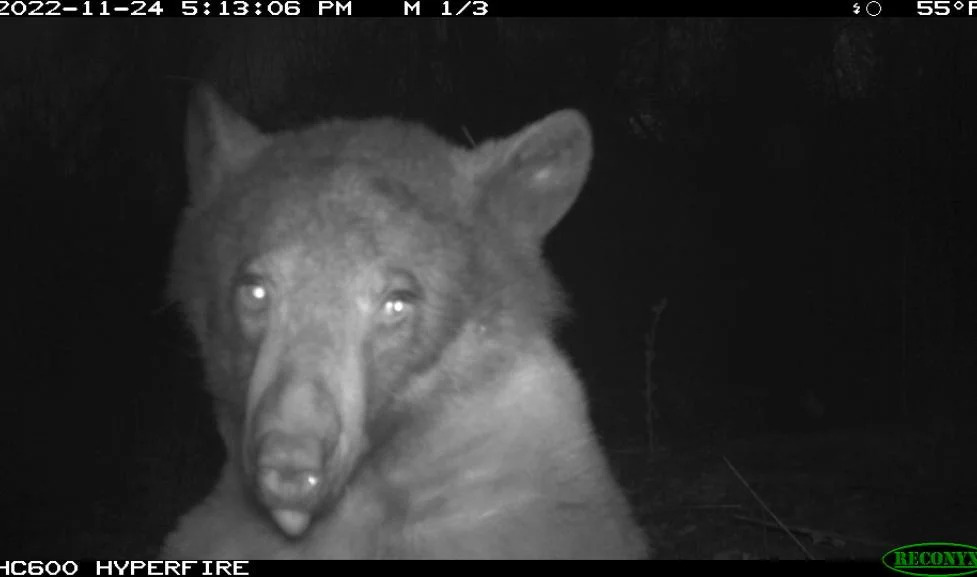
In a study conducted by Jennifer Vonk, it was discovered that black bears have the ability to count. This finding was unexpected as black bears are solitary animals and were not thought to possess such cognitive skills. The study involved training captive-bred black bears to select sets of dots that either moved or stayed still on a computer screen. The bears consistently performed above chance, demonstrating their ability to use numbers to guide their choices.
Despite their significant brain size in comparison to other carnivores, bears’ cognitive abilities have been understudied due to logistical challenges. Most cognitive research is conducted in laboratories which are more suitable for smaller animals like rats, mice, and pigeons. However, Vonk’s lab at Oakland University has been working to bridge this knowledge gap since 2012.
Other studies conducted by Vonk’s lab suggest that bears can recognize images on computer screens as real objects and can distinguish between different categories of things. For example, bears were trained to choose between supermodels and Planet of the Apes characters and showed exceptional performance even with abstract categories.
Furthermore, research on brown bears revealed their ability to use tools effectively. Bears were able to manipulate logs and boxes to reach food rewards.
Image: Migwan was able to communicate her snack preferences. Photo by Jennifer Vonk
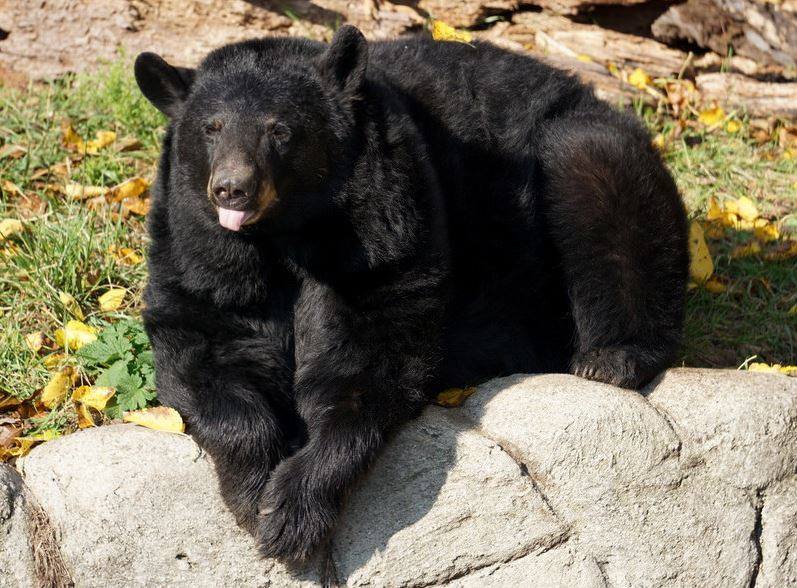
The reasons behind bears’ intelligence are not yet fully understood. Social structure and foraging ecology may play a role, but more research is needed. It is hypothesized that bears’ intelligence is a response to their challenging environment, as they need to make quick, adaptive responses. Their intelligence may also be influenced by their early development, as cubs exhibit curiosity and engage in play.
Black bears and brown bears are versatile and adaptable in their hunting and feeding habits, which may contribute to their intelligence. They also thrive in various environments, demonstrating their ability to survive in different conditions.
Image: Black bears studied by the Vonk lab. Photo by Jennifer Vonk
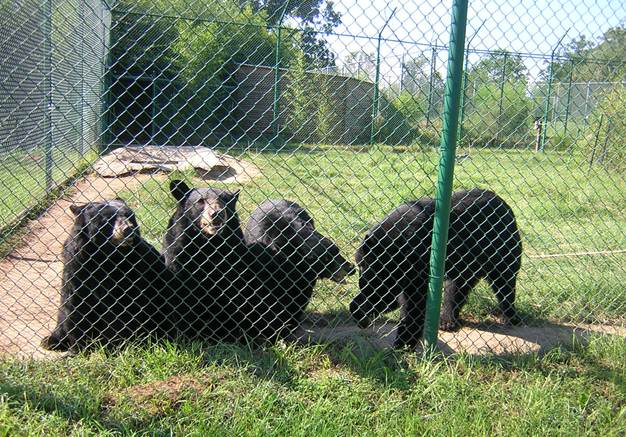
In addition to facing environmental challenges, bears are at risk due to human activities such as habitat destruction, hunting, pollution, and climate change. Understanding bear intelligence can help increase awareness and promote conservation efforts. The recognition of their intelligence may enhance people’s willingness to protect these species.
The selfie black bear’s viral photos have brought attention to bear intelligence. In response, Canadian park rangers shared their own celebrity selfie of a polar bear. Bears will continue to fascinate with their curiosity and intelligence.





